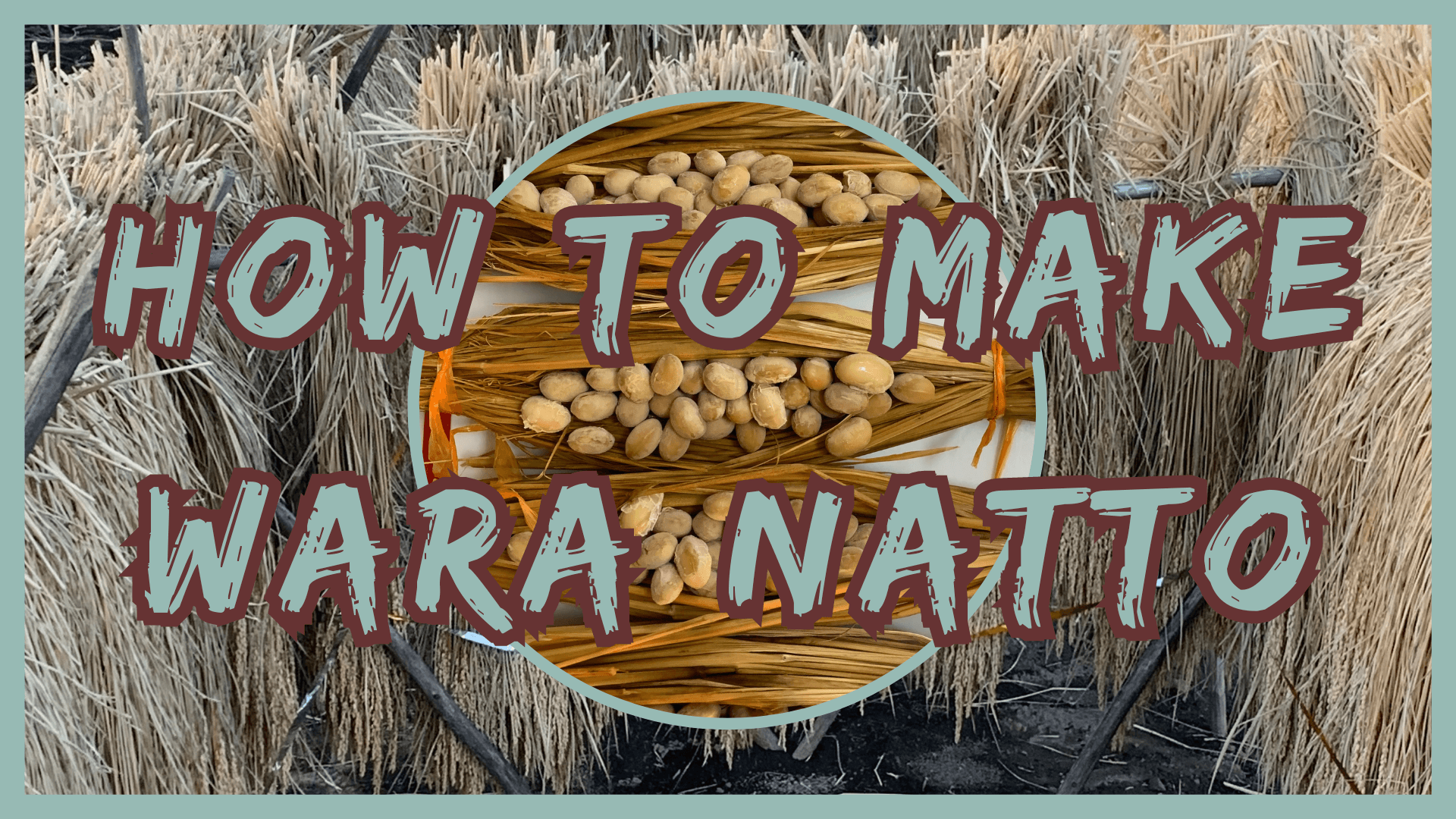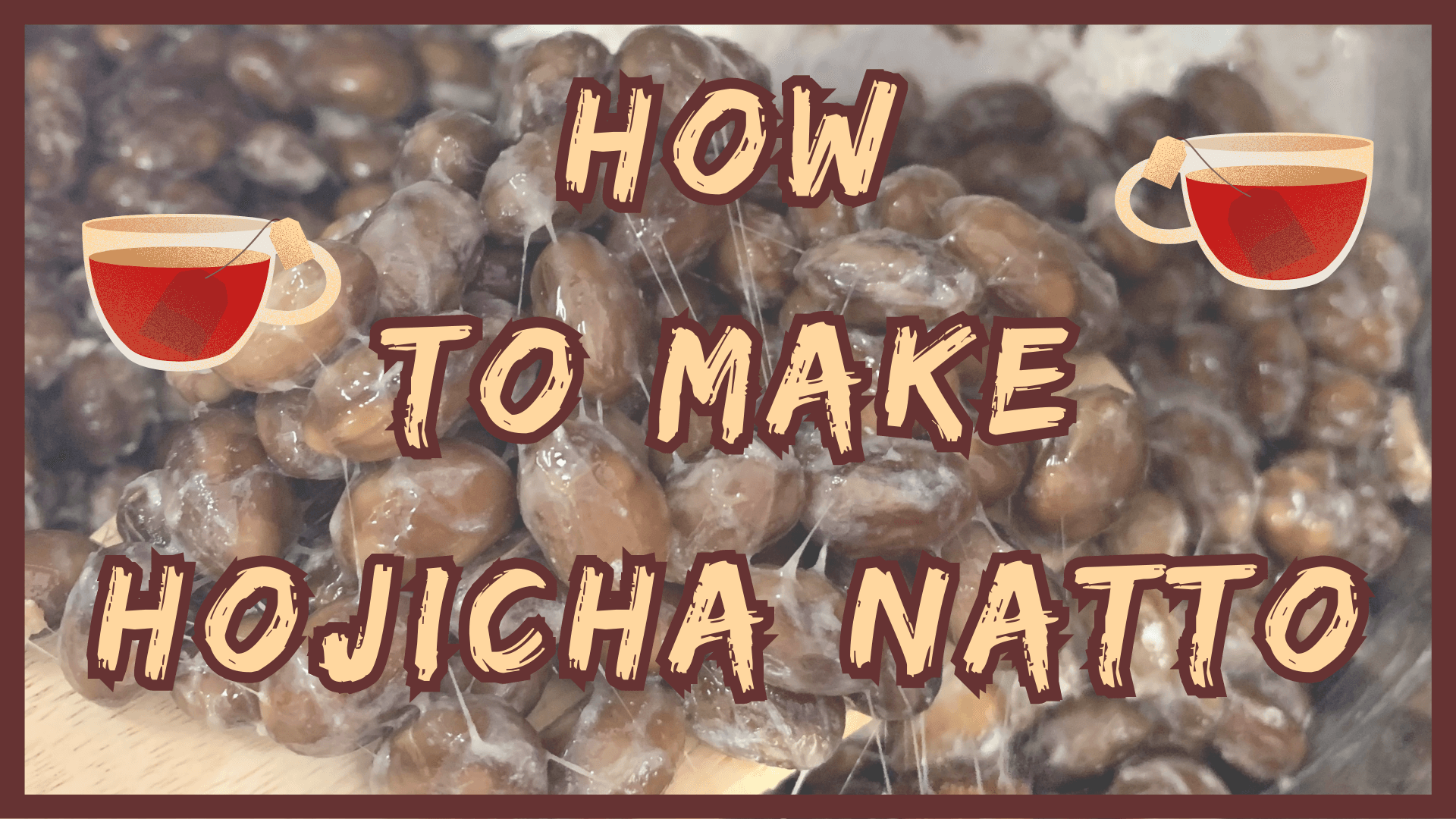- Natto
- Natto Food with Sauces and Spices
Natto Food with Sauces and Spices
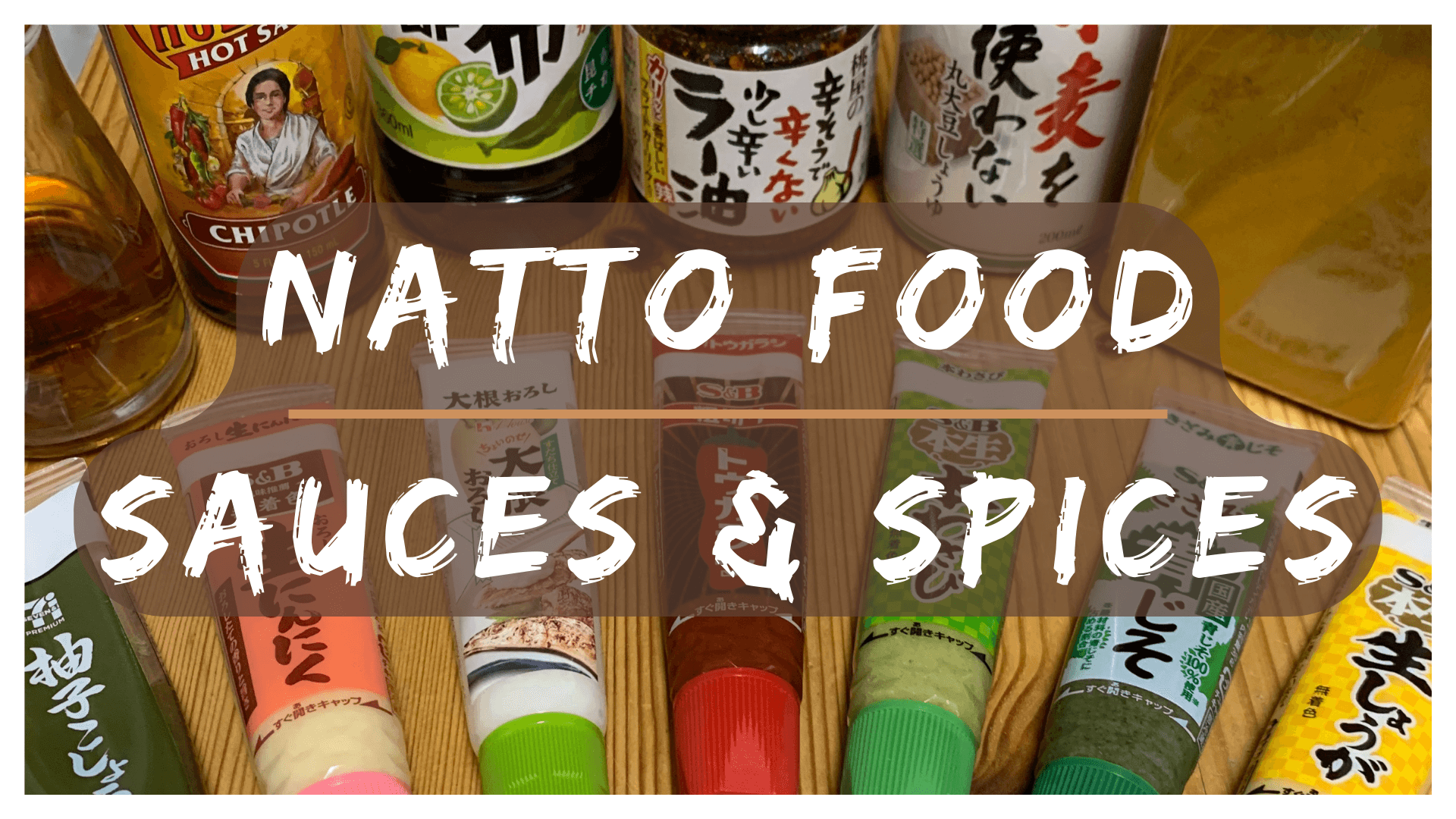
Natto food with sauces and spices is a traditional and simple way for you to enjoy these sticky, stringy beans.
It's quick to prepare and a great way for you to savor some fermented soybean goodness.
In this article you'll discover 4 different Go-To Combinations that I have picked up or concocted on my own.
Some of these ideas are inspired by traditional ways natto is eaten here in Japan, while a few are a bit more unique and influenced by my taste buds.
Try out these paring ideas to see which ones suit your tastes the best.
If none of the pairings are satisfying your palate, mix and match the different sauces, spices and flavors to come up with additional ideas.
Let's take a look at Combination One and start enjoying some natto goodness.
Natto Talk
Want to chat about Japanese fermented soybeans and how you can better enjoy this Japanese superfood?
Subscribe to Natto Talk!
A monthly publication containing info about:
- Things relating to natto
- Simply Natto's "Natto Recipe of the Month"
- Japan and its culture
- Updates made to the Simply Natto website and its social media pages
- Any upcoming product drops or projects
So what are you waiting for?
Fill out the form below and join.
I look forward to sharing my natto journey with you and learning about yours.

Natto Food with Sauces and Spices: Combination One
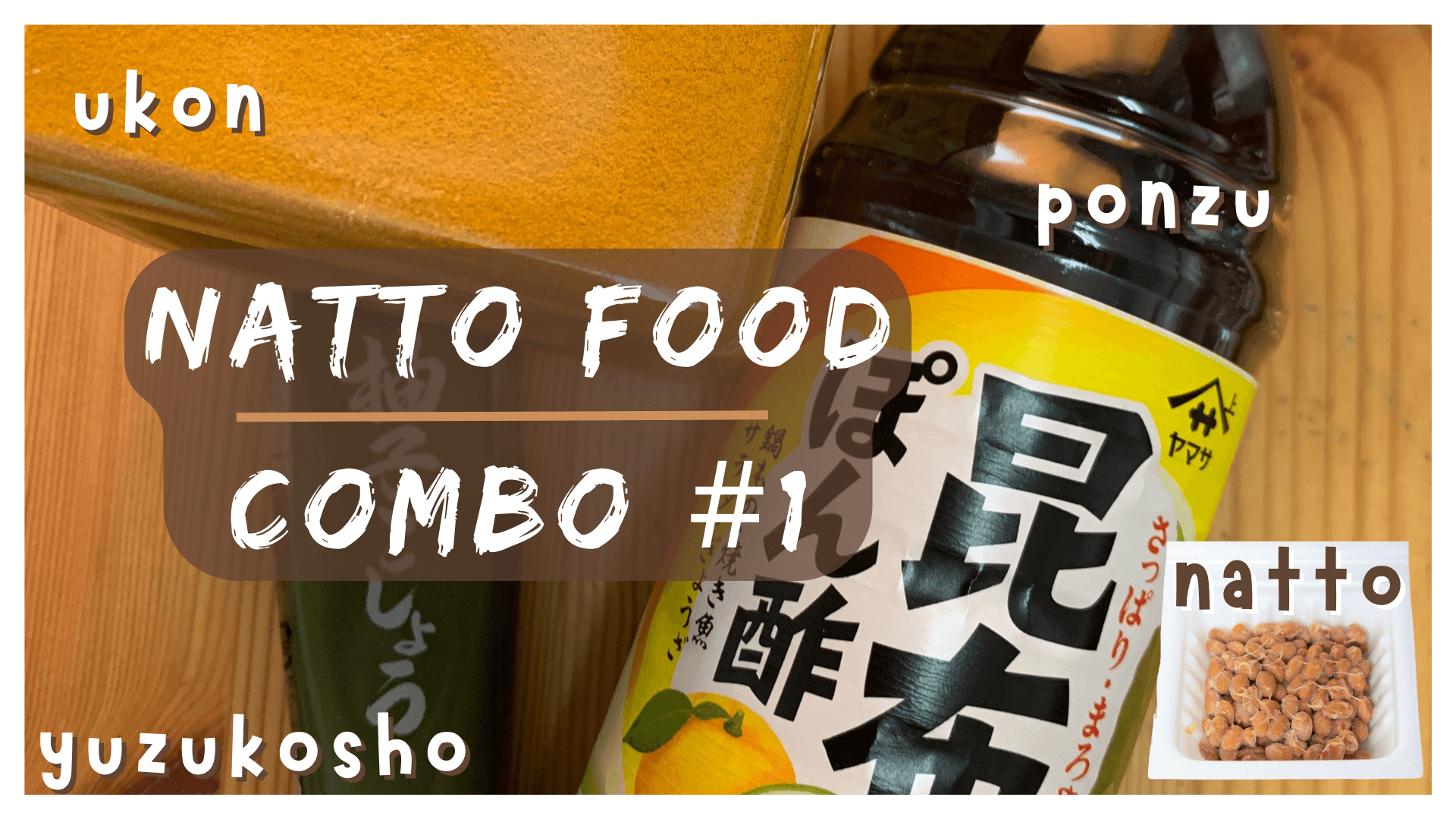
First up is an earthy goodness with a citrus and peppery taste.
Here's what you need:
- a package / serving of natto (40-50g)
- Japanese citrus vinegar (ponzu)
- Soy sauce (shoyu)
- Japanese citrus pepper (yuzukosho)
- turmeric (ukon)
Start off by adding a splash (1/2 teaspoon) of ponzu, a splash (1/2 teaspoon) of shoyu, a dab (1/8 teaspoon) of yuzukosho, and a sprinkle (1/8 teaspoon) of ukon to your natto.
*The above measurements are based on the amounts typically found in packages of natto sold here in Japan (tare: 5.5g & karashi: 1.2g).
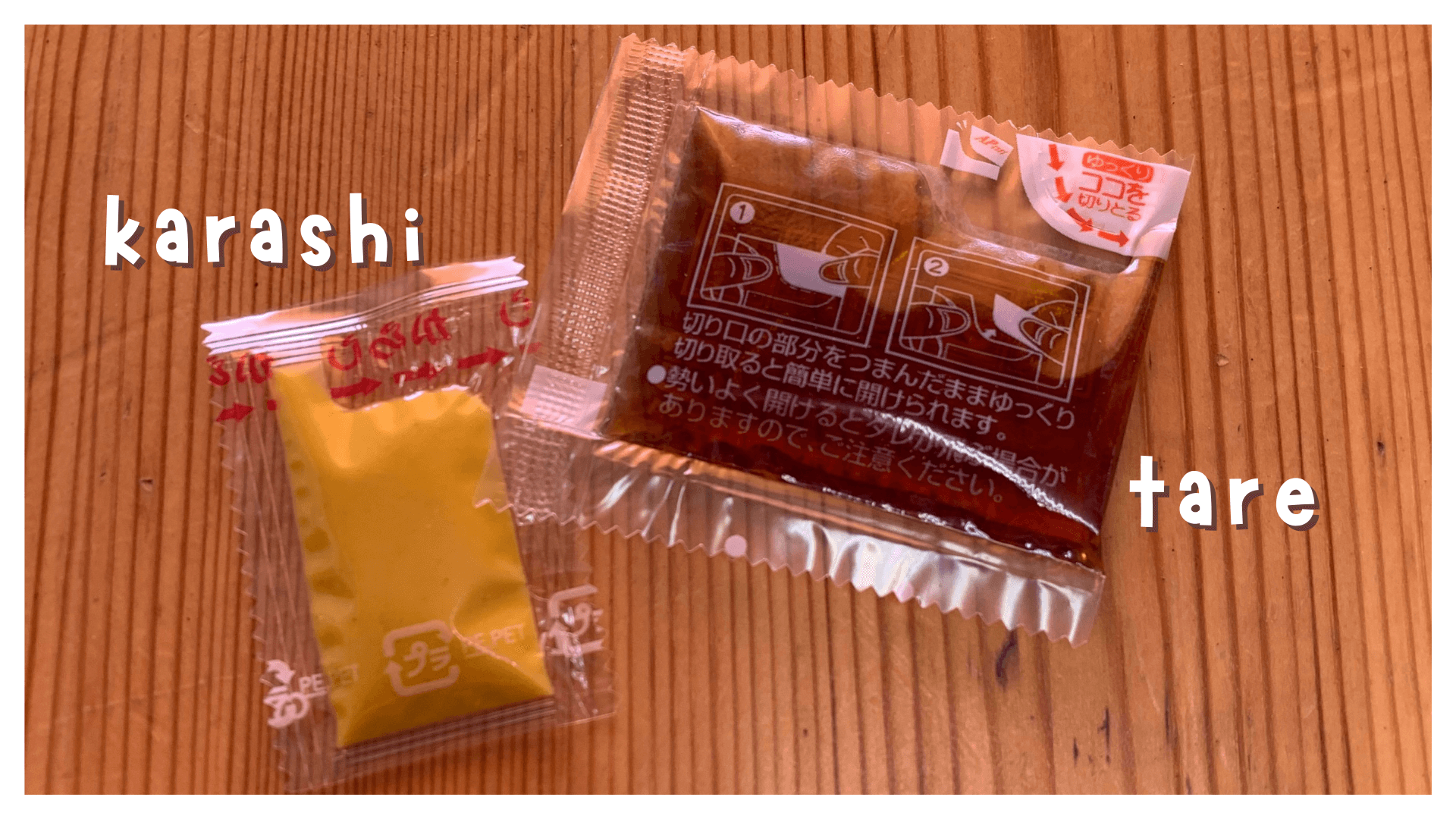
If you're like me and you'd rather "eye-ball" it, then the natto is your blank canvas and the sauce and spices are your paint.
Once you're all set, mix everything together in a circular motion 20 - 30 times.
This will help to bring out the flavor of the fermented soybeans.
*If the flavor is too weak, add more sauce/vinegar or spice/seasoning to your liking.
*If the flavor is too strong, try adding more natto and continuing mixing.
My reactions after eating:
Immediately my palate was met with a delicious citrus flavor and a hint of spice.
The citrusy taste was light and refreshing, and the ukon added to the earthy flavor of the Japanese fermented soybeans and the pepperiness of the yuzukosho.
The combination of ponzu, shoyu, yuzukosho, and ukon nicely complimented the natural umami of these sticky, stringy beans, and it left my taste buds wanting more.
Final Verdict: Earthy Go-To Combination
What to do next?
Try out Combination One and see if your palate is left craving more.
If it's a hit, then your journey toward enjoying Japanese fermented soybeans will have begun, and you can now add more ideas to your natto food collection.
On the other hand, if these flavors have left you desiring something else, or you'd like to try out more natto food with sauces and spices, take a look at Combination Two.
Simply Natto: Natto Lingo

ポン酢
(ponzu)
“pone-zoo”
- Japanese citrus vinegar
柚子こしょう
(yuzukosho)
“you-zoo-coe-show”
- Japanese citrus pepper
ウコン
(ukon)
“oo-cone”
- turmeric
タレ
(tare)
"taw-rey"
(slightly roll the "r" in "rey")
- sauce (soy based)
からし
(karashi)
"kaw-raw-she"
(slightly roll the "r" in "raw")
- spicy yellow mustard
混ぜる
(mazeru)
“maw-ze-roo”
(slightly roll the "r" in "roo")
- mix, stir
薄い味
(usui-aji)
“oo-sue-ee-aw-jee”
- light, weak taste
濃い味
(koi-aji)
“coy-aw-jee”
- strong taste
旨味
(umami)
“oo-maw-me”
- flavor
大豆
(daizu)
“dye-zoo”
- soybeans
Natto Food with Sauces and Spices: Combination Two
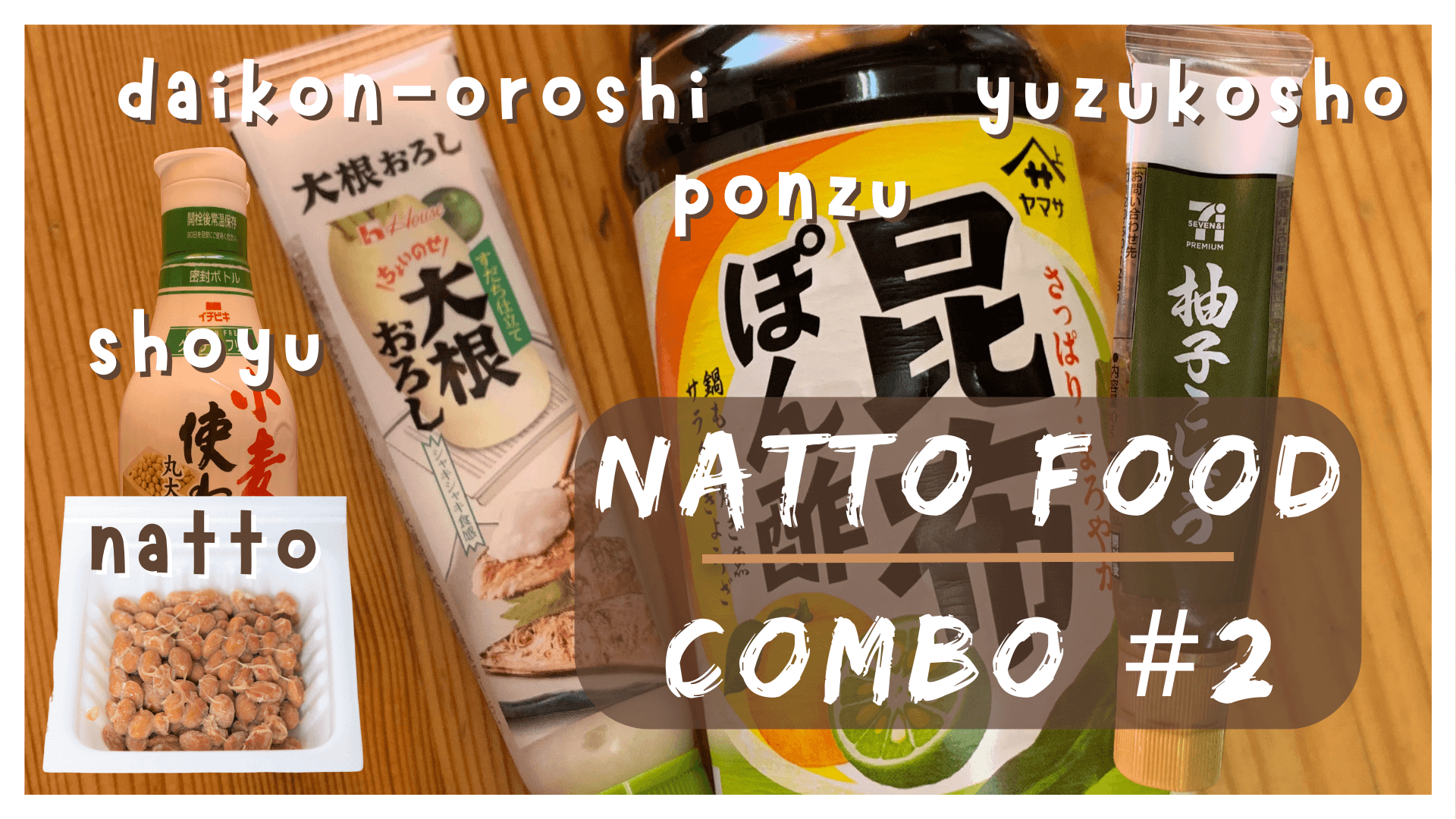
Next up is some yummy, foamy goodness with a refreshing citrus peppery taste.
Here's what you need:
- a package / serving of natto (40-50g)
- Japanese citrus vinegar (ponzu)
- Soy sauce (shoyu)
- Japanese grated radish (daikon-oroshi)
- Japanese citrus pepper (yuzukosho)
Start off by adding a splash (1/2 teaspoon) of ponzu, a splash (1/2 teaspoon) of shoyu, a dab (1/8 teaspoon) of daikon-oroshi, and then a dab (1/8 teaspoon) of yuzukosho to your natto.
*The above measurements are based on the amounts typically found in packages of natto sold here in Japan (tare: 5.5g & karashi: 1.2g).

If you're like me and you'd rather "eye-ball" it, then the natto is your blank canvas and the sauce and spices are your paint.
Once you're all set, mix everything together in a circular motion 20 - 30 times.
This will help to bring out the flavor of the fermented soybeans.
*If the flavor is too weak, add more sauce/vinegar or spice/seasoning to your liking.
*If the flavor is too strong, try adding more natto and continuing mixing.
My reactions after eating:
Immediately I thought, "this is the one!"
A light and refreshing citrus fusion on my palate.
The daikon-oroshi, ponzu and shoyu created a nice foamy texture and citrusy flavor, while the yuzukosho gave the natto a slight peppery finish.
This mixture of sauces and spices reduced the fermented smell that accompanies these sticky, stringy beans, and nicely complimented the natural umami of the natto.
It was a hit with my taste buds, and I was left wanting more.
Final Verdict: Citrusy Go-To Combination
What to do next?
Try out Combination Two to see if this mixture suits your tastes.
If it's a hit, then your journey toward enjoying Japanese fermented soybeans will have begun, and you can now add more ideas to your natto food collection.
On the other hand, if these flavors haven't gotten your taste buds excited or have left you desiring something else, try out more sauce and spice ideas with your natto by taking a look at Combination Three.
Simply Natto: Natto Lingo

大根おろし
(daikon-oroshi)
"dye-cone-oh-row-she"
(slightly roll the "r" in "row")
- Grated Japanese radish
醤油
(shoyu)
"show-you"
- soy sauce
Natto Food with Sauces and Spices: Combination Three
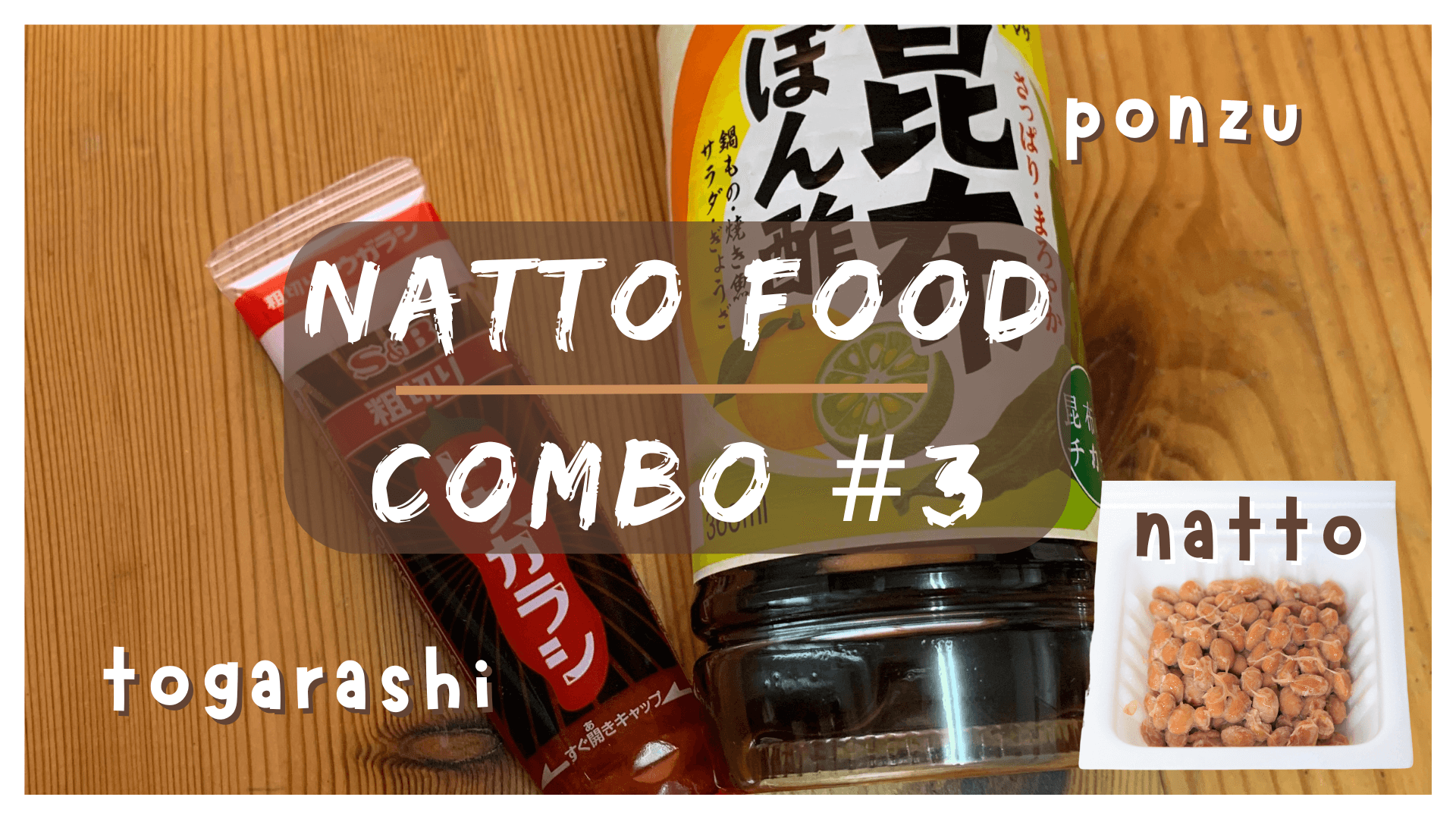
Next up is some spicy goodness with a citrus and chili pepper taste.
Here's what you need:
- a package / serving of natto (40-50g)
- Japanese citrus vinegar (ponzu)
- Soy sauce (shoyu)
- red chili pepper (togarashi)
Start off by adding a splash (1/2 teaspoon) of ponzu, a splash (1/2 teaspoon) of shoyu, and then add a dab (1/8 teaspoon) of togarashi to your natto (a little bit goes a long way).
(If it isn't spicy enough for you, and a bit more red chili pepper.)
*The above measurements are based on the amounts typically found in packages of natto sold here in Japan (tare: 5.5g & karashi: 1.2g).

If you're like me and you'd rather "eye-ball" it, then the natto is your blank canvas and the sauce and spices are your paint.
Once you're all set, mix everything together in a circular motion 20 - 30 times.
This will help to bring out the flavor of the fermented soybeans.
*If the flavor is too weak, add more sauce/vinegar or spice/seasoning to your liking.
*If the flavor is too spicy, try adding more natto or sauce/vinegar and continuing mixing.
My reactions after eating:
Immediately my palate was met with a "kick" of spice and a delicious citrus zing.
The citrusy taste was light and refreshing, while the togarashi spice gave these sticky, stringy beans the "pow" that my palate was waiting for.
The combination of ponzu, shoyu and togarashi went well together, and it complimented the natural umami of the natto.
When my taste buds are craving some spice, this mixture is at the front of the line.
Final Verdict: Spicy Go-To Combination
What to do next?
Try out Combination Three and see if your palate is left craving more of this citrus spicy mix.
If it's a hit, then your journey toward enjoying Japanese fermented soybeans will have begun, and you can now add more ideas to your natto food collection.
On the other hand, if these flavors have left you desiring something else, try using either the ponzu or the shoyu only with the spices and create a different taste.
If that still doesn't get your taste buds excited, or you'd like to try out more natto food with sauces and spices, take a look at Combination Four.
Simply Natto: Natto Lingo

唐辛子
(togarashi)
"toe-gaw-raw-she"
(slightly roll the "r" in "raw")
- red chili pepper
辛い
(karai)
“kaw-raw-ee”
(slightly roll the "r" in "raw")
- spicy
美味しい
(oishii)
"oh-ee-she"
- delicious, yummy
Natto Food with Sauces and Spices: Combination Four
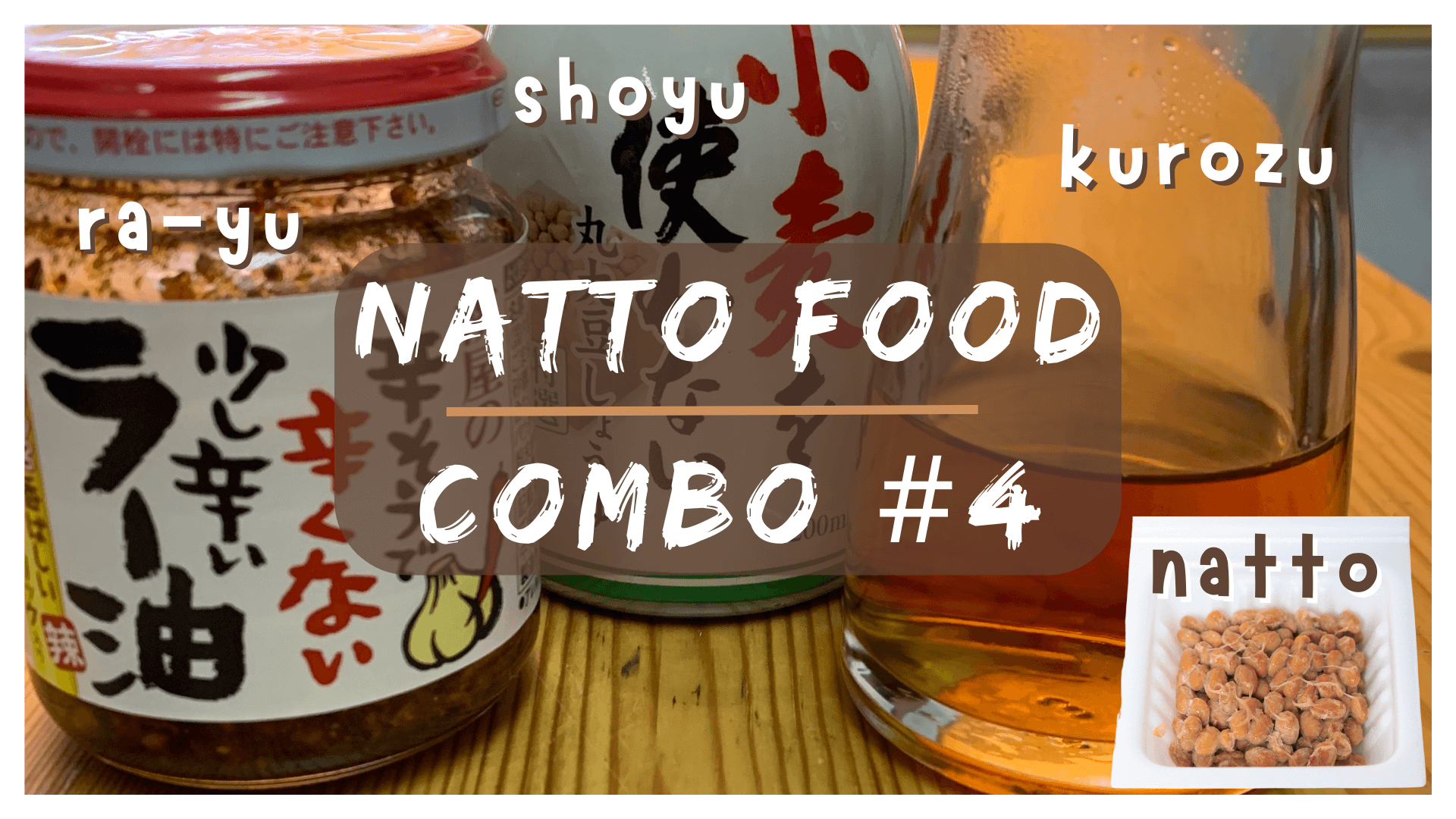
Next up is some fried garlicky chili goodness.
Here's what you need:
- a package / serving of natto (40-50g)
- Black vinegar (kurozu)
- Soy sauce (shoyu)
- Chili oil (ra-yu)
- Chopped fried garlic & fried onion
Start off by adding some (1 teaspoon) ra-yu with fried garlic and onions, a dab (1/8 teaspoon) of kurozu, and then a dab (1/8 teaspoon) of shoyu to your natto.
*The above measurements are based on the amounts typically found in packages of natto sold here in Japan (tare: 5.5g & karashi: 1.2g).

If you're like me and you'd rather "eye-ball" it, then the natto is your blank canvas and the sauce and spices are your paint.
Once you're all set, mix everything together in a circular motion 20 - 30 times.
This will help to bring out the flavor of the fermented soybeans.
*If the flavor is too weak, add more sauce/vinegar or spice/seasoning to your liking.
*If the flavor is too strong, try adding more natto and continuing mixing.
Simply Natto: Natto Lingo

ラー油
(ra-yu)
"raw-you"
(slightly roll the "r" in "raw")
- chili oil
黒酢
(kurozu)
"coo-row-zoo"
(slightly roll the "r" in "row")
- black vinegar
にんにく
(nin-niku)
"neen-knee-coo"
- garlic
玉ねぎ
(tamanegi)
"taw-maw-neh-gee"
- onion
My reactions after eating:
Immediately my palate was met with spice and garlic.
Blending kurozu and shoyu with the ra-yu helped to mellow out the spiciness though.
The light crunchiness of the fried garlic and onions mixed with the softness of the fermented soybeans really left my taste buds wanting more.
These sauces and spices are a combination that I love to eat with gyoza or ramen, so to pair these flavors with natto was something I had to try.
Overall, the flavor of this mixture went well together, and the combination with the natural umami of the natto really suited my tastes.
Final Verdict: Garlicky Go-To Combination
What to do next?
Try out Combination Four to see if this mixture suits your tastes.
If it's a hit, then your journey toward enjoying Japanese fermented soybeans will have begun, and you can now add more ideas to your natto food collection.
On the other hand, if these flavors have left you desiring something else, or you'd like to try out more sauce and spice ideas with your natto, the article 10 "What to Eat with Natto" Ideas for You to Try is a must read.
You'll discover a variety of natto food ideas that you can eat to better enjoy the taste of these sticky, stringy beans.
いただきます。"ee-taw-daw-key-maas" - Let's Eat!
Keep up with the latest Natto Goodness by following Simply Natto on social media
The Latest Natto Talk
-
Natto Food with Sauces and Spices
Natto food with sauces and spices is a traditional and simple way for you to enjoy natto. It's a great way for you to savor some fermented soybean goodness. -
How to Make Wara Natto
Let's learn how to make wara natto. For centuries, Japanese natto has been made using rice straw, and now you can make it too. -
How to Make Natto with an All-In-One-Pot
Let's learn how to make natto! I'm going to show you how to make your own sticky, stringy beans using an all-in-one-pot. -
How to Make Hojicha Natto
Let's learn how to make hojicha natto! I'm going to teach you how to make your own sticky, stringy beans with a roasted green tea twist in 6 easy steps. -
How to Make Coffee Natto
Let's learn how to make coffee natto! I'm going to teach you how to make your own sticky, stringy beans with a java twist in 6 easy steps.
